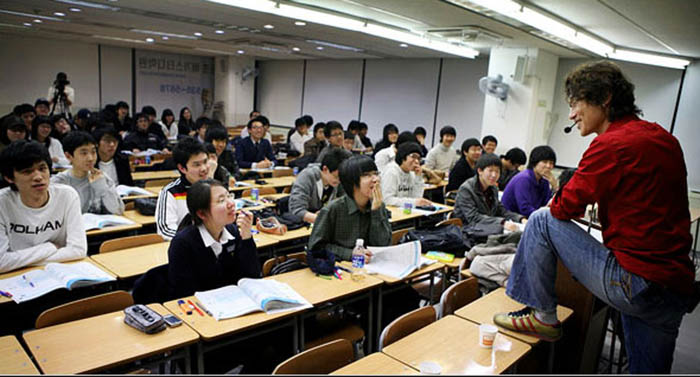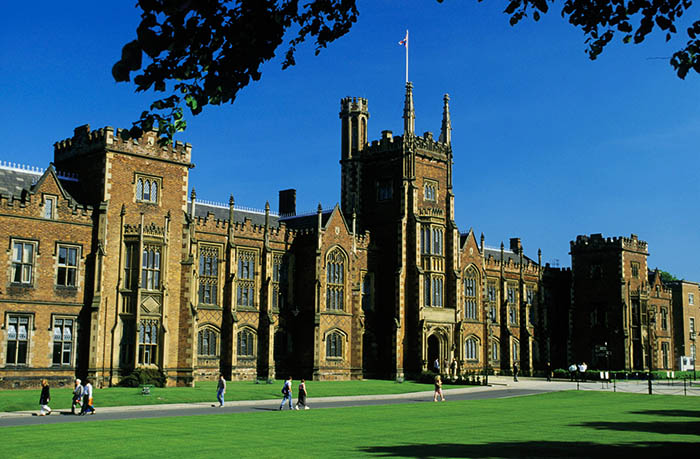
SYSTEM OF THE HIGHER EDUCATION
Korea costs on one of the first places in the world on number of students among the population. Within the Law on education, all HIGHER EDUCATION INSTITUTIONS, both state, and private, are supervised by the Ministry of Education and Service of development of a manpower. Concerning other questions universities have to be guided by the principles of the Korean Council of University Education. In Korea there are following types of educational institutions: colleges and universities (national, state and private); industrial universities; teacher training colleges (national). Distinguish the following types of higher educational institutions: Dae Hak Gy – universities and colleges, San Up Dae Hak Gyo-industrial university, Kyo Yuk Dae Hak Gyo – teacher training college.
In South Korea training is made on the following education levels.
Bachelor degree
Training term – 4 years. Students have to end between 140 and 150 credit hours. Training on medical specialties lasts 6 years and students have to end 180 credit hours. Upon termination of the diploma about assignment of degree of the bachelor is awarded. The typical large Korean university incorporates ten – twenty faculties which on the American sample usually are called as “colleges” (kor.tekhak). In Korea the special attention is paid to introduction of information technologies in educational process. As a result, South Korea became the world’s second country after Singapore which completely provided the schools with computers and Internet access.
Magistracy
Training term – 2-3 years. Students have to write the thesis. The students of medical specialties who fulfilled everything requirements at Medical school have to pass national examination. Upon termination of the diploma about assignment of degree of the master is awarded.
Doctoral studies
Training term – 3-4 years. Degree of the doctor is awarded after receiving degree of the master. Candidates have to write the doctoral dissertation, pass oral or corresponding examination. Upon termination of the diploma about assignment of degree of the doctor is awarded.
The general requirements of higher education institutions at receipt
Certificate of knowledge of the Korean and English languages
The statement – justification in training language
The summary in language of training or in English
3 letters of recommendation and their translation into language of training or into English
Copy of the birth certificate and passport
Besides the Korean language, training at some universities can be provided in English. The sufficient level of proficiency in English is necessary for training.
Foreign students have to be qualified, the full-time tuition corresponding to the certificate at high school or to its equivalent for receipt in a magistracy and postgraduate study.
Besides the above documents, it is required to provide the following documents:
Bachelor degree
1. The notarized copy of the certificate translated notarized, on language of training or English
2. The notarized copy of the certificate of ENT with the notarized translation into English
Magistracy
1. The notarized copy of the bachelor’s degree (on similar specialty) and its notarized translation into training language
Doctoral studies
1. The plan of research (research proposal) in language of training or in English
2. The list of publications, the summary in training language
3. Notarized copy of the diploma of the master and its translation into language of training or into English
Terms of statements in higher education institutions
Spring semester – March – the end of November
Autumn semester – September – the end of May






Leave a Reply